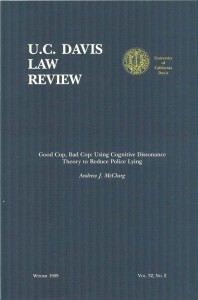 Andrew J. McClurg, Good Cop, Bad Cop: Using Cognitive Dissonance Theory to Reduce Police Lying, 32 University of California-Davis Law Review 389-453 (1999).
Andrew J. McClurg, Good Cop, Bad Cop: Using Cognitive Dissonance Theory to Reduce Police Lying, 32 University of California-Davis Law Review 389-453 (1999).
This article argues that lessons from the social psychology field of cognitive dissonance theory can be applied to create a successful police integrity training and mentoring program, one that matches rookie officers with cadets still in training at the police academy as a way to perpetuate honesty as an intrinsic police value and prevent good cops from turning bad.
Cognitive dissonance is the tension that arises when one holds two conflicting beliefs or believes one way and then acts another. Dissonance is strongest when it involves a cognition about the self and behavior that violates that self-concept. Self-concept theory rests on the assumption that humans strive to maintain consistency between their own high concept of themselves, including their moral self-concept, and their behavior.
If a person considers herself to be a moral person and commits an immoral act, she will experience dissonance. Reducing this dissonance will require her to rethink or justify her actions to make them more consistent with her self-concept by changing attitudes or behavior. Because it directly challenges a person’s image of herself, dissonance-based persuasion is a powerful behavior-altering force. Dissonance persuasion has been used successfully to change attitudes and behavior about energy conservation, condom use for AIDS prevention, weight reduction, and adolescent smoking.
McClurg articulates a framework for police integrity programs based on the sponsorship model used effectively in 12-step recovery programs such as Alcoholics Anonymous. The sponsorship model works because it—perhaps unwittingly–capitalizes on the power of cognitive dissonance theory.


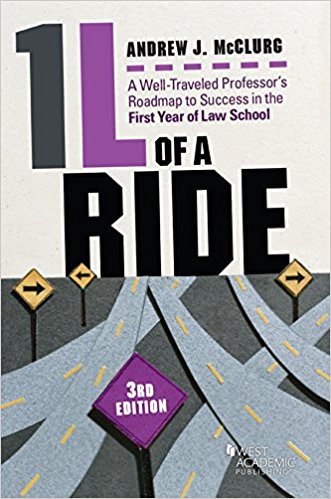
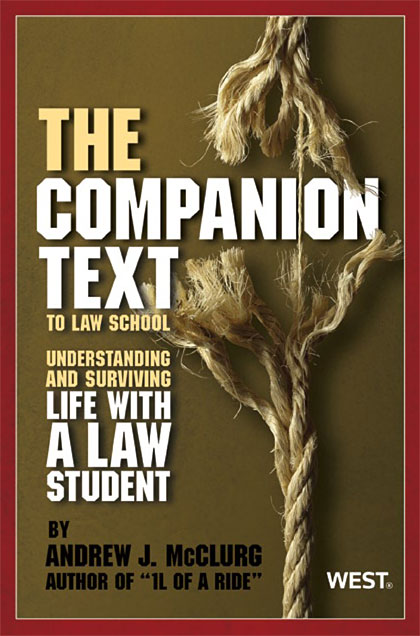




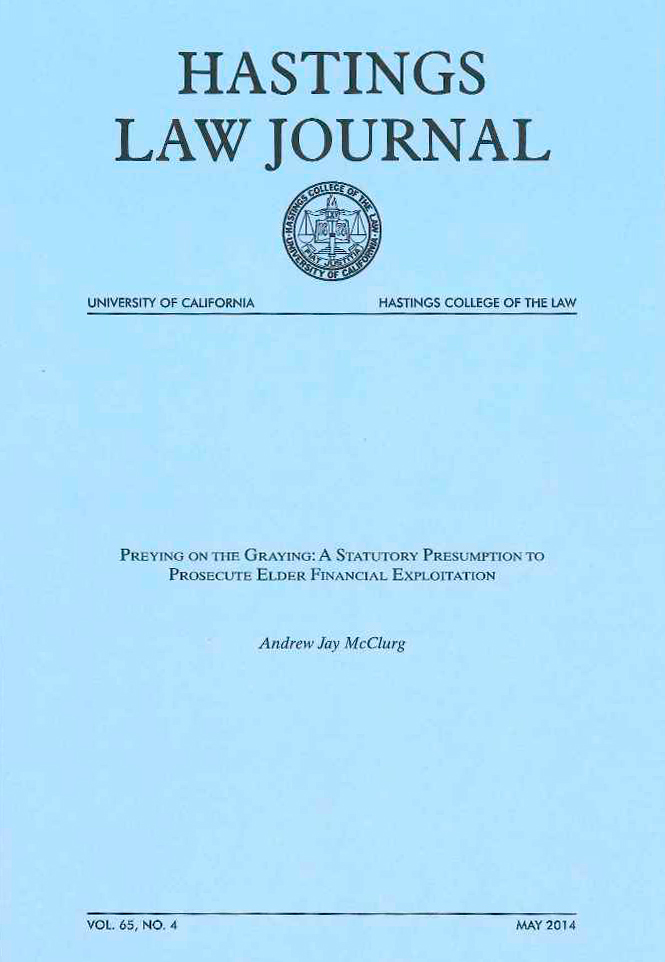
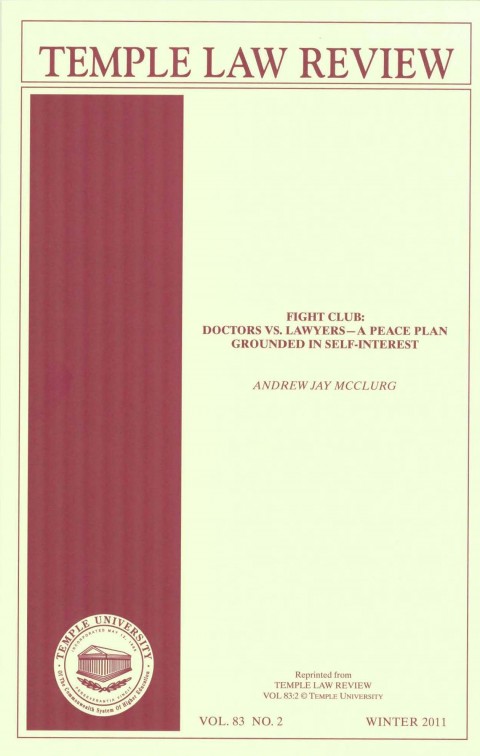
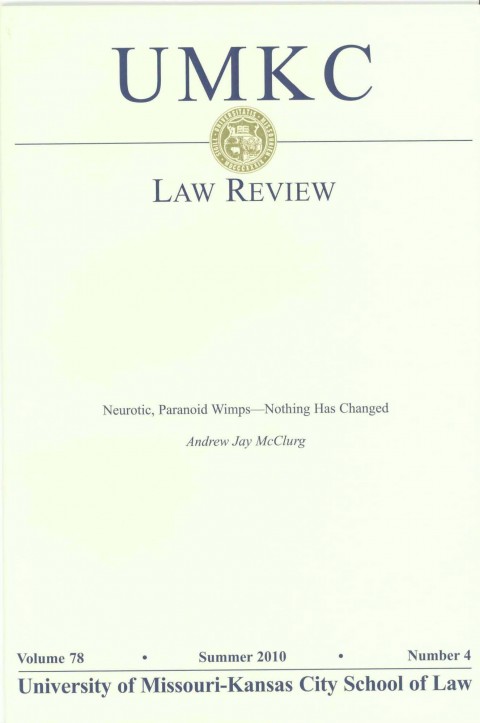
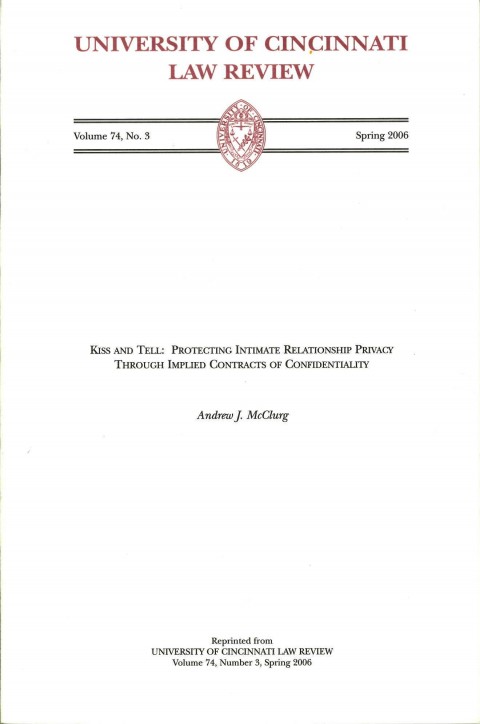
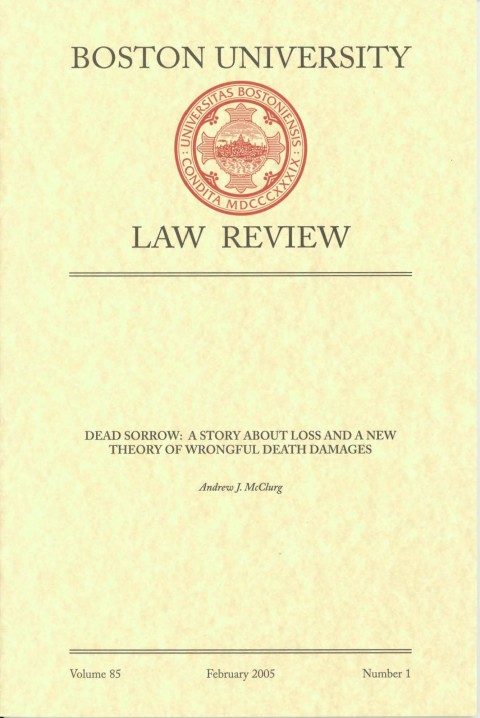
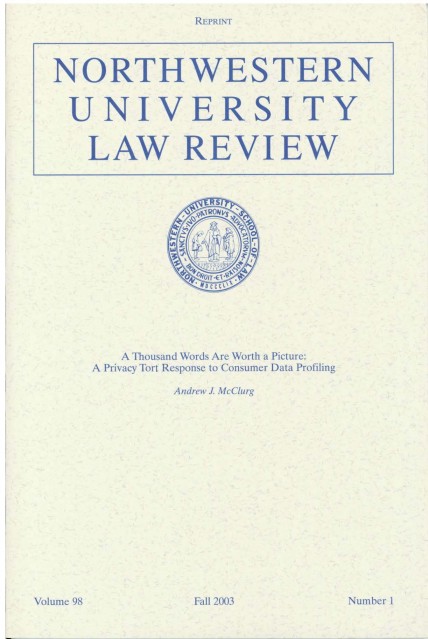
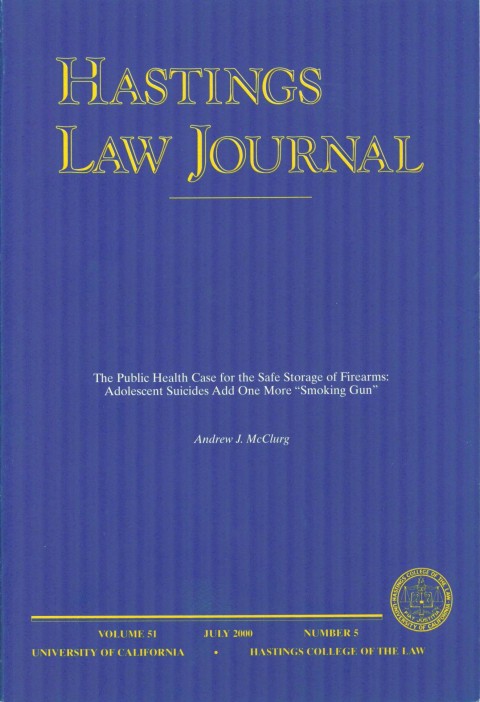
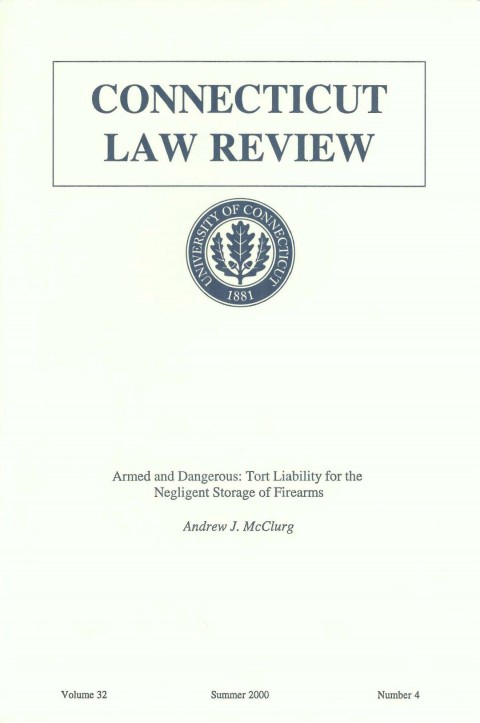
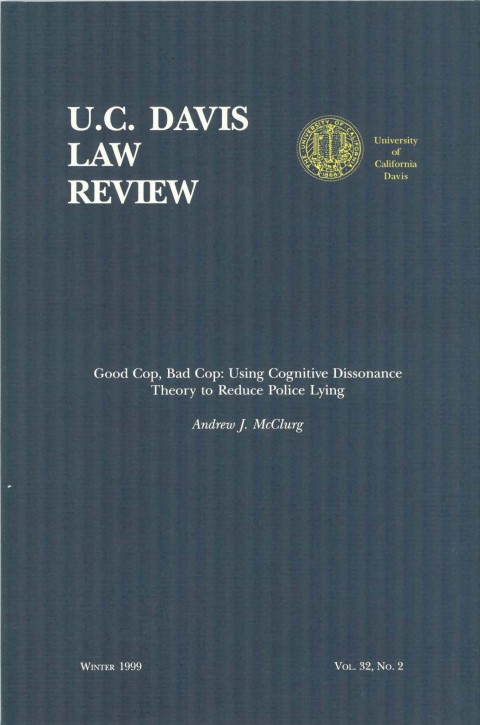
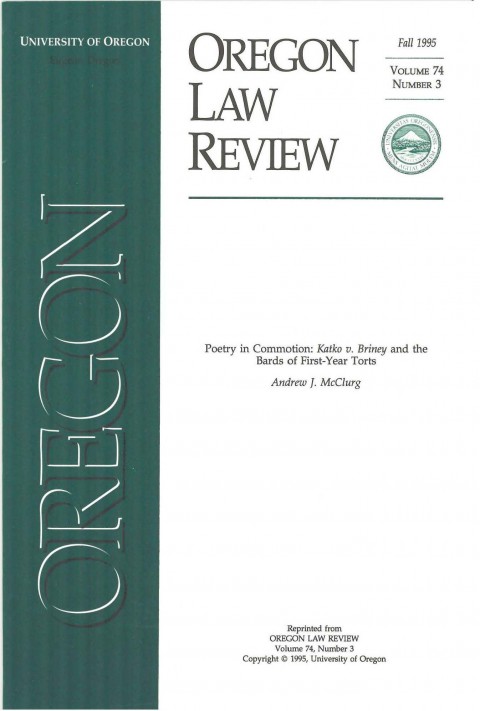
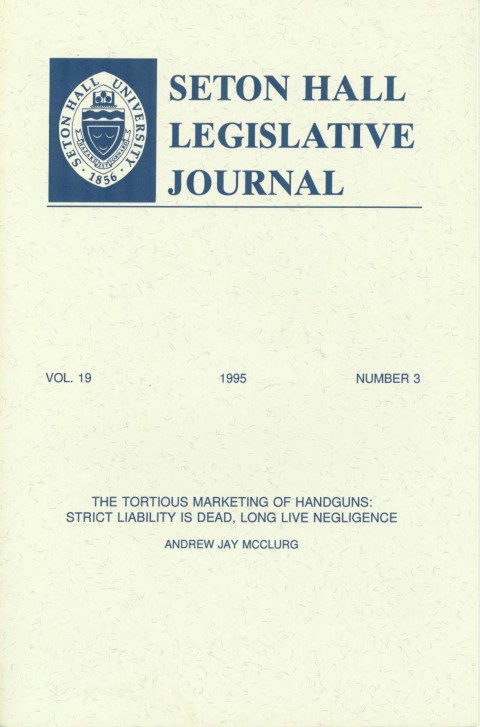
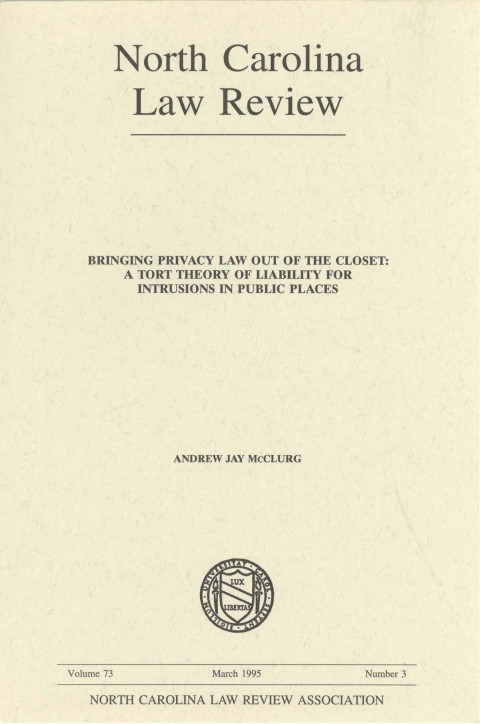
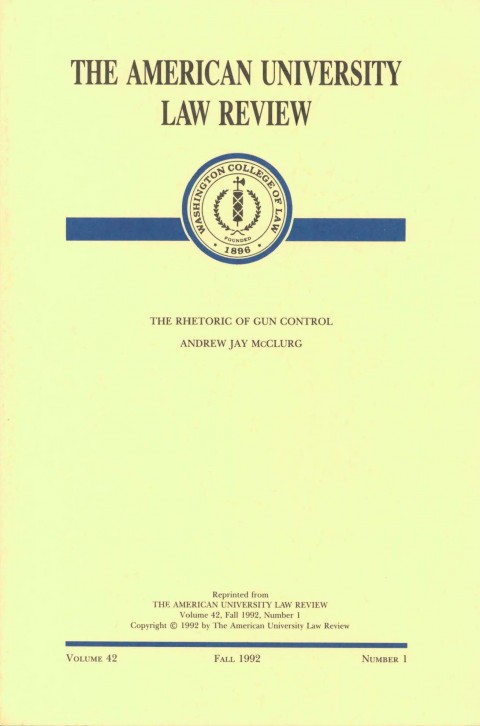
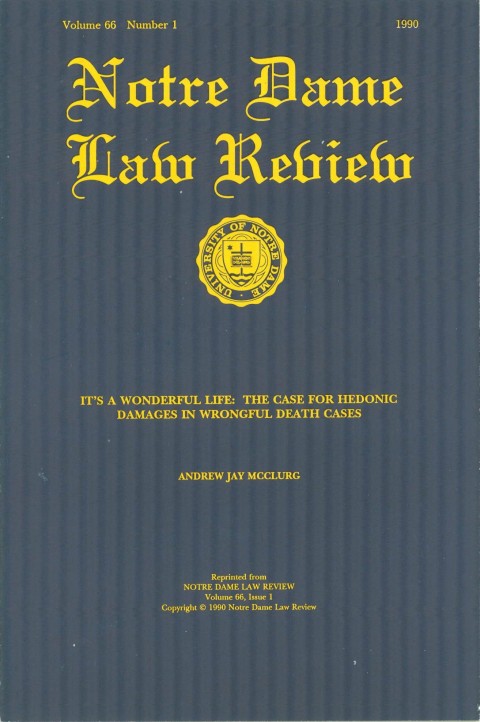
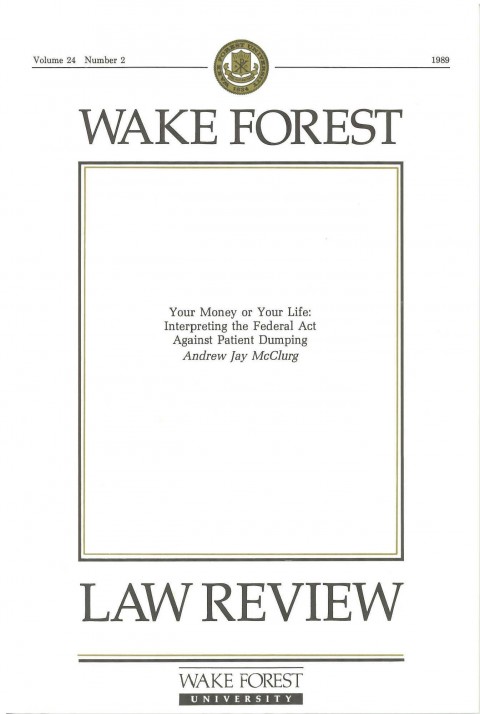
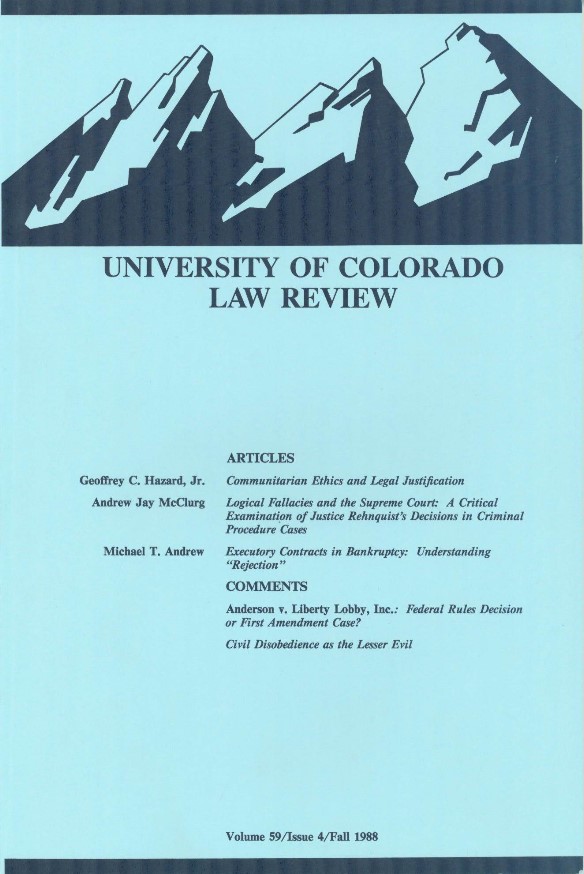

Leave a Reply